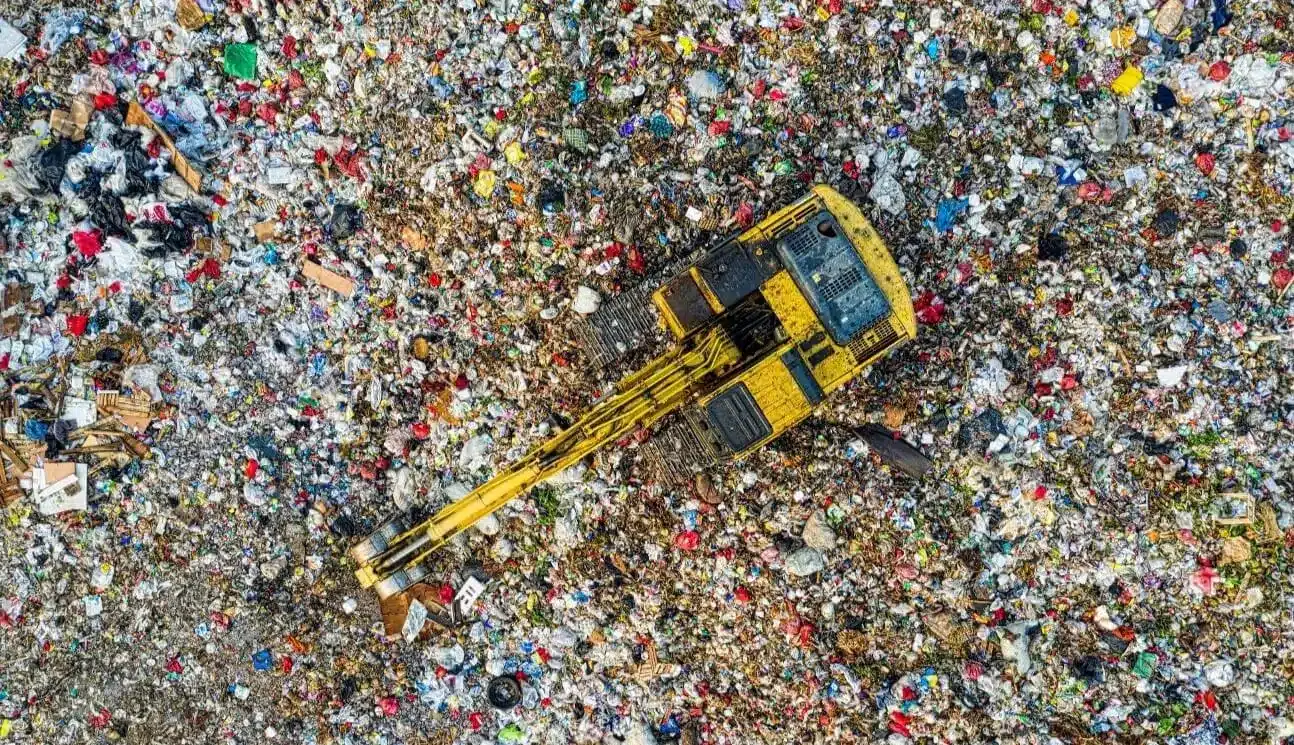Book Appointment Now

From Air to Water: Tackling Environmental Issues in Delhi: Challenges and Initiatives
Explore the major environmental issues in Delhi, including air and water pollution and waste management. Learn about the government's initiatives to address these challenges and create a sustainable future for the city.
Delhi, the capital of India, faces significant environmental challenges that have persisted for many years. From air and water pollution to waste management issues, the city has numerous problems that need urgent attention to protect the environment and ensure the well-being of its residents. This article discusses the main environmental issues in Delhi and highlights some of the efforts being made to address them.
Air Pollution: Environmental Issues in Delhi
Air pollution is one of the most critical environmental problems in Delhi. The city often ranks among the most polluted in the world, with high levels of harmful pollutants like particulate matter (PM2.5 and PM10), nitrogen oxides, and sulfur dioxide. The primary sources of these pollutants are vehicular emissions, industrial activities, and construction dust.
The health impacts of air pollution are severe and include an increased risk of respiratory diseases, heart disease, and strokes. Breathing in polluted air can lead to chronic health conditions and negatively affect the quality of life for Delhi’s residents.
ALSO READ: Don’t Fall for the WhatsApp Missed Call Scam: Tips to Protect Yourself
Water Pollution: Contamination of the Yamuna River
Water pollution is another pressing environmental issue in Delhi. The Yamuna River, which flows through the city, is heavily polluted due to untreated sewage and industrial waste being dumped into it. This pollution affects the river’s ecosystem and poses a significant threat to human health. Drinking or using contaminated water can lead to waterborne diseases such as cholera, typhoid, and dysentery, which are common in areas with poor water quality.
Waste Management: A Growing Problem
Delhi generates a large amount of solid waste every day, and much of it ends up in landfills that are quickly running out of space. These landfills not only occupy valuable land but also produce methane, a potent greenhouse gas contributing to climate change. Poor waste management practices can also pollute groundwater and surface water, leading to health hazards for people living near landfills.
Importance of Addressing Environmental Issues
Addressing these environmental issues is crucial for the health and prosperity of Delhi’s residents. A healthy environment leads to better health outcomes, increased productivity, and lower healthcare costs. For example, reducing air pollution can significantly lower the incidence of respiratory illnesses, leading to economic benefits and improved quality of life.
Improving waste management practices can also lead to more efficient resource use and create new job opportunities in the recycling and waste processing sectors. Tackling environmental challenges can help Delhi move towards a sustainable and prosperous future.
Recent Developments and Government Initiatives
The Delhi government has taken several steps to address these environmental challenges. Here are some notable efforts:
- Air Pollution Control: The government has introduced the “Odd-Even Scheme,” which restricts the use of private vehicles on certain days to reduce vehicular emissions. Additionally, there has been an increased focus on promoting public transportation and electric vehicles to cut down pollution levels.
- Water Pollution Mitigation: The Kejriwal government has installed 13 decentralized sewage treatment plants (STPs) across the city to treat sewage at the source before it reaches the Yamuna River. This initiative helps reduce the pollution load on the river. The government has also set up a Yamuna Monitoring Committee to oversee pollution control measures and monitor the river’s water quality.
- Rainwater Harvesting: A policy requiring new buildings to incorporate rainwater harvesting systems has been implemented. This initiative conserves water resources and reduces reliance on groundwater, which is depleting rapidly in Delhi.
- Waste Management: Efforts have been made to improve waste segregation and promote recycling and composting. The government is also exploring technologies for waste-to-energy conversion to reduce the burden on landfills and generate renewable energy.
ALSO READ: Understanding India’s Proposed Criminal Law Reforms: A Comprehensive Overview
A Call to Action
While these initiatives are steps in the right direction, more needs to be done to ensure their effective implementation. Collaboration among government, industry, citizens, and experts is crucial to develop and execute sustainable solutions for Delhi’s environmental challenges. Collective action can protect natural resources and ensure that all residents have access to clean air and water.
Conclusion
The environmental issues in Delhi are significant and require urgent action. By adopting sustainable practices, improving waste management, and reducing pollution, we can create a healthier and more prosperous city for everyone. It is time for all stakeholders to unite and work towards a common goal of protecting the environment and building a sustainable future for Delhi. Through concerted efforts, we can ensure that every resident enjoys a cleaner and healthier environment.
